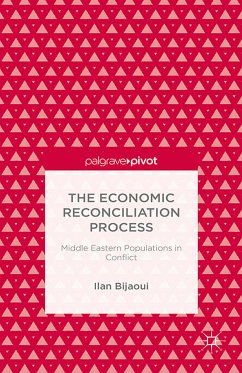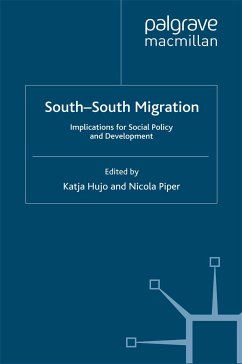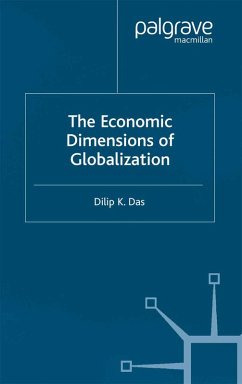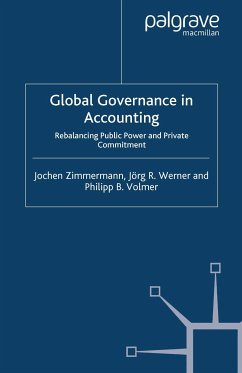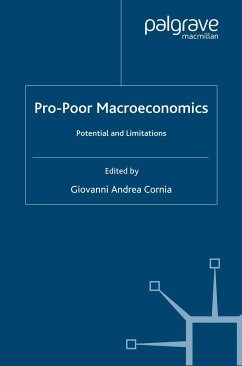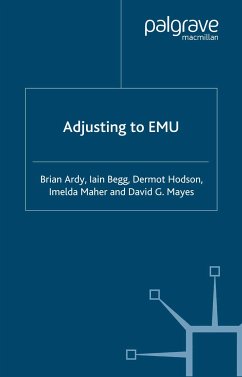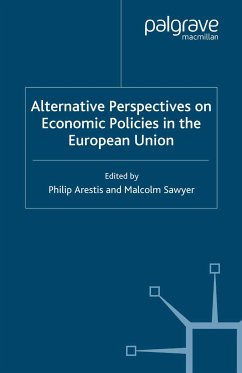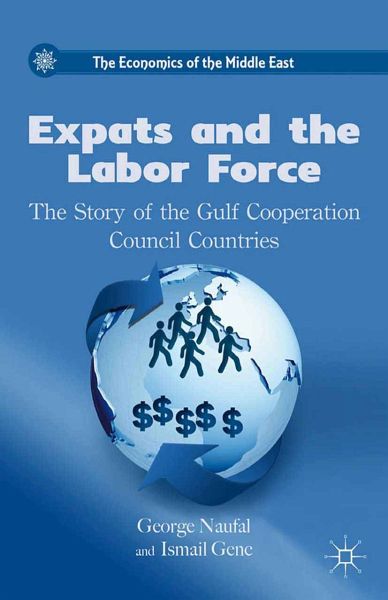
Expats and the Labor Force (eBook, PDF)
The Story of the Gulf Cooperation Council Countries
Versandkostenfrei!
Sofort per Download lieferbar
72,95 €
inkl. MwSt.
Weitere Ausgaben:

PAYBACK Punkte
36 °P sammeln!
An investigation into the labor force in the Gulf Cooperation Council (GCC) countries primarily focusing on labor migration and remittances. The GCC countries have the highest share of foreign labor in the world. The authors examine the multidimensional aspects of such a large foreign population.
Dieser Download kann aus rechtlichen Gründen nur mit Rechnungsadresse in A, B, BG, CY, CZ, D, DK, EW, E, FIN, F, GR, HR, H, IRL, I, LT, L, LR, M, NL, PL, P, R, S, SLO, SK ausgeliefert werden.



